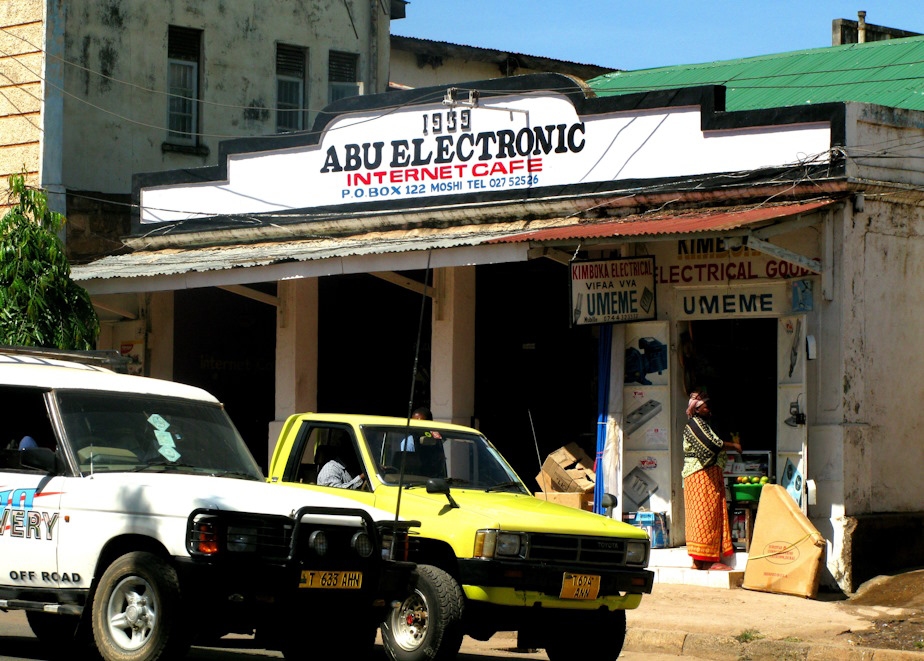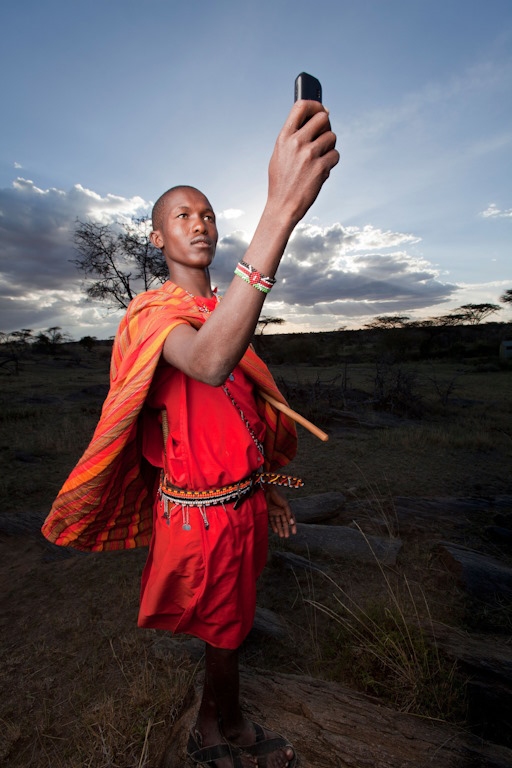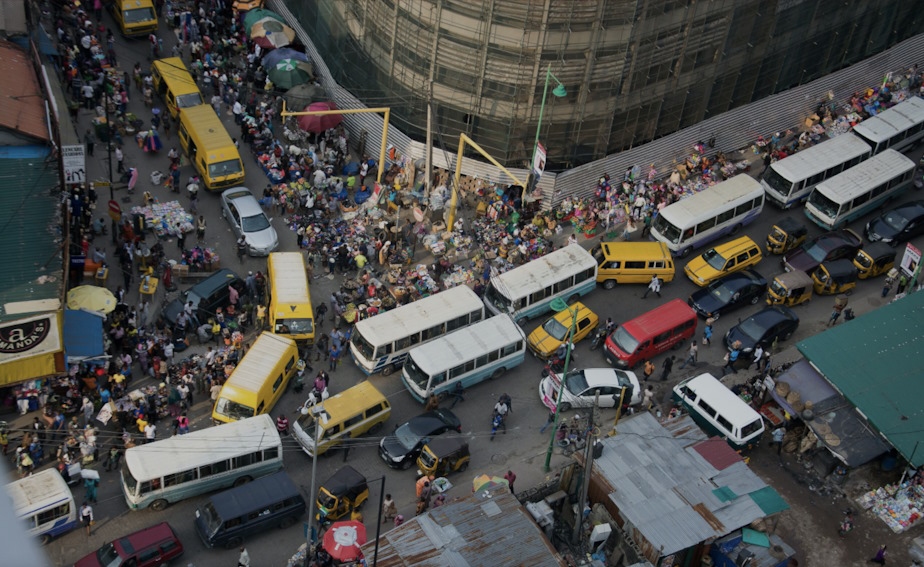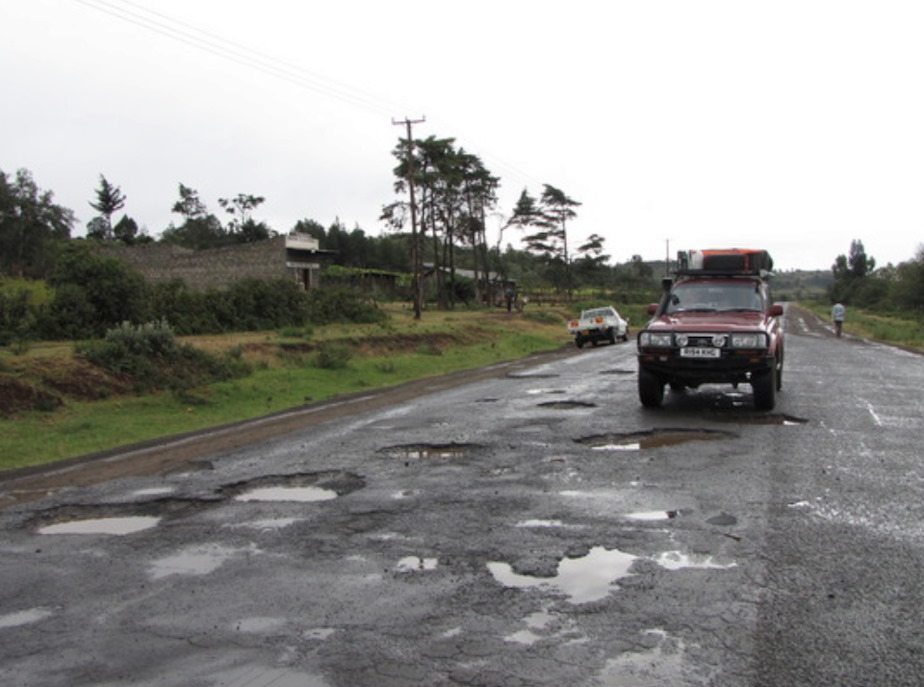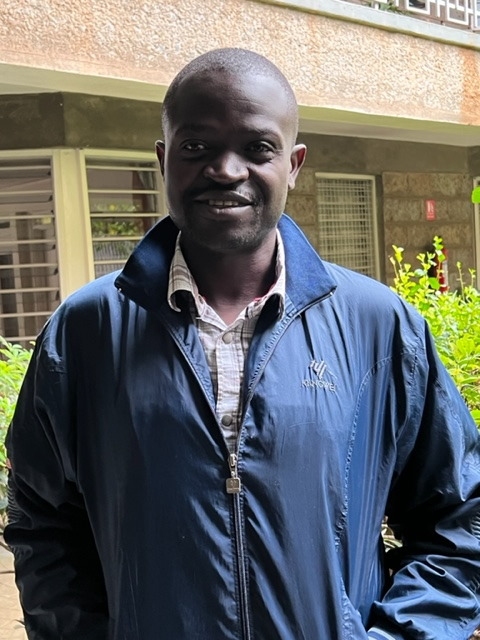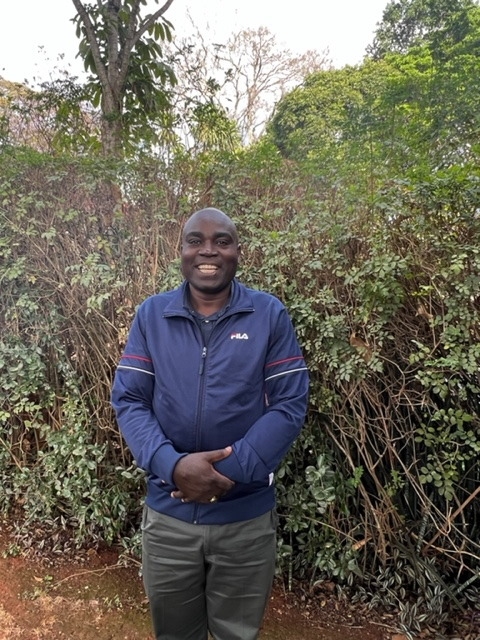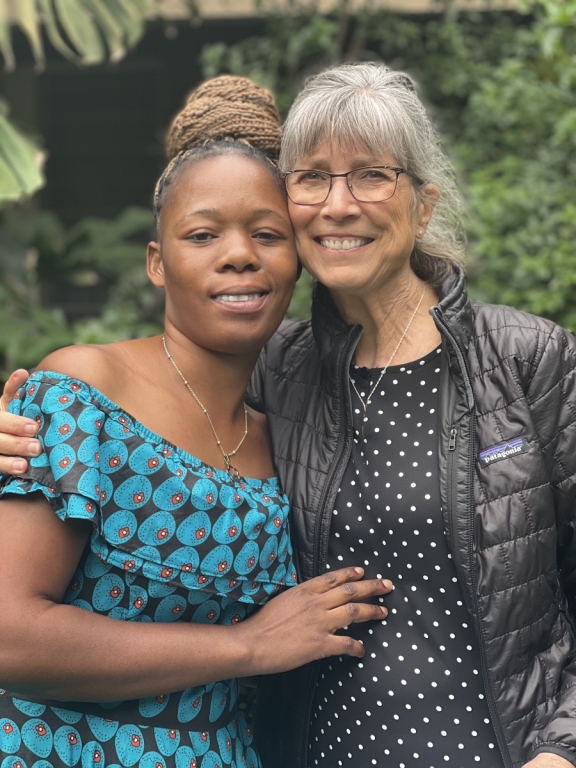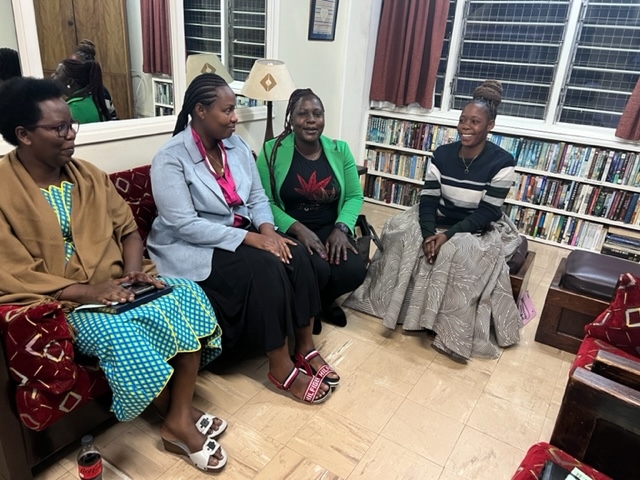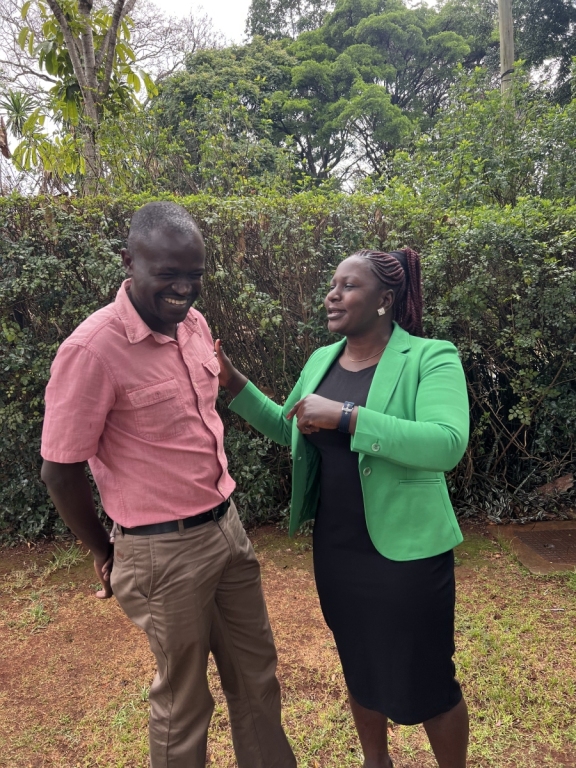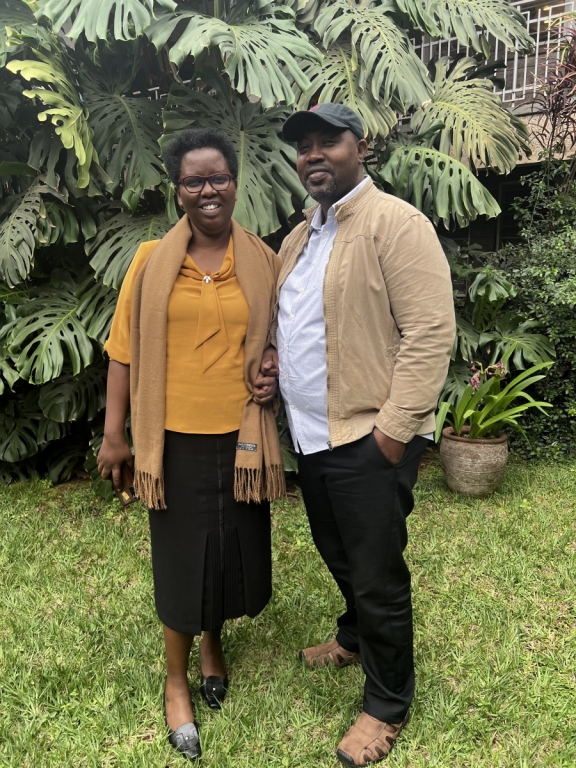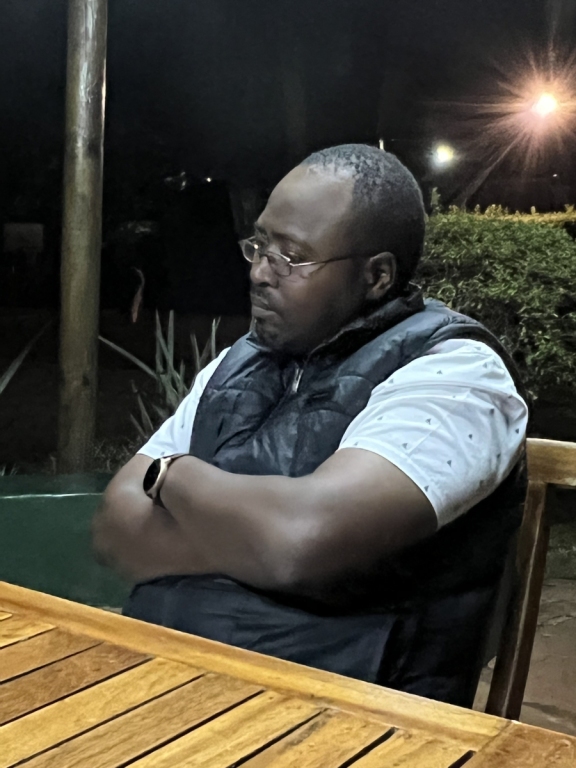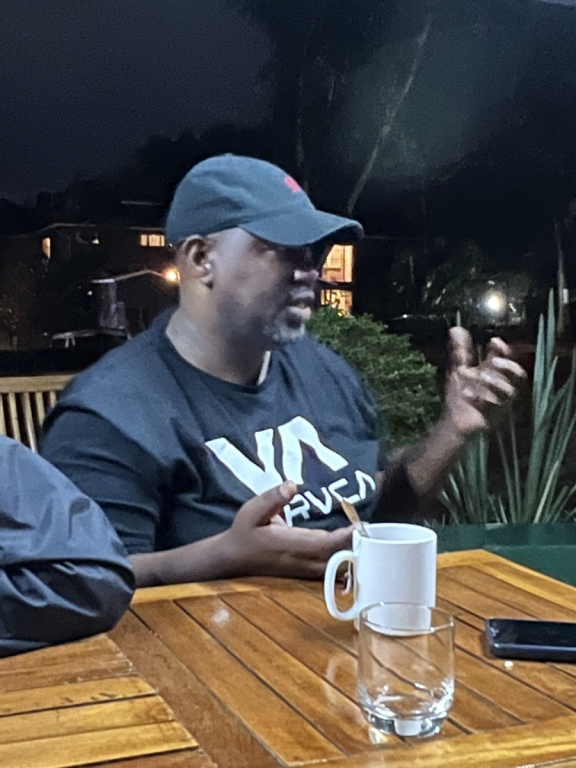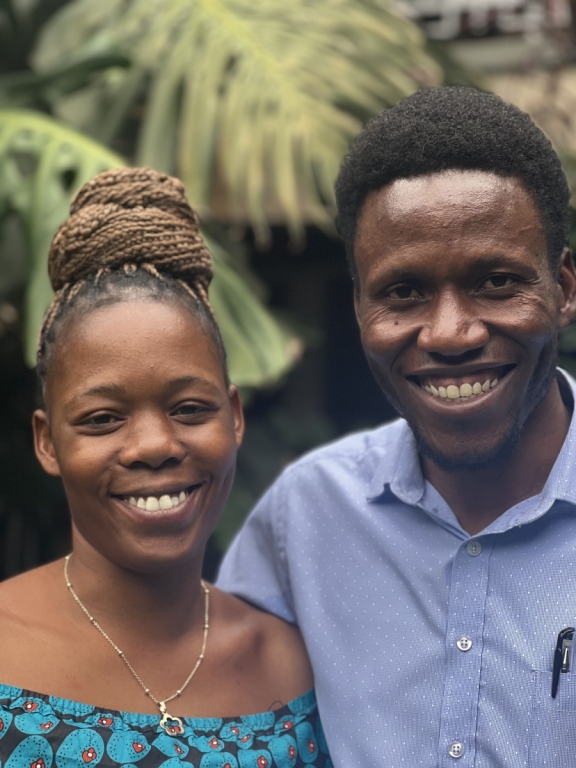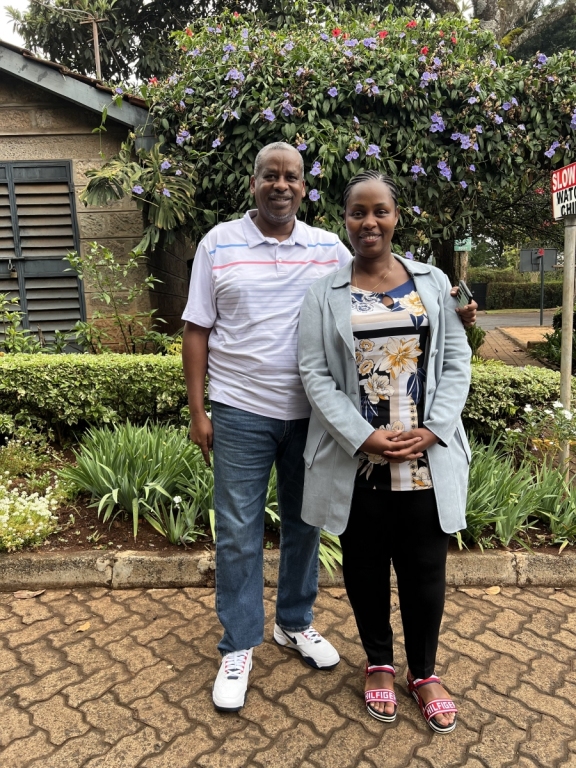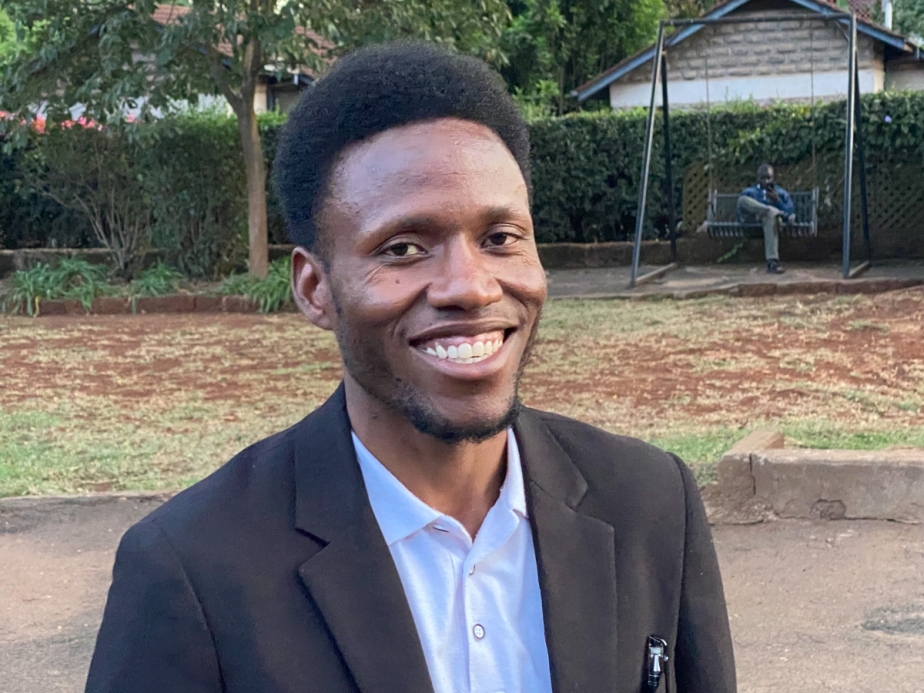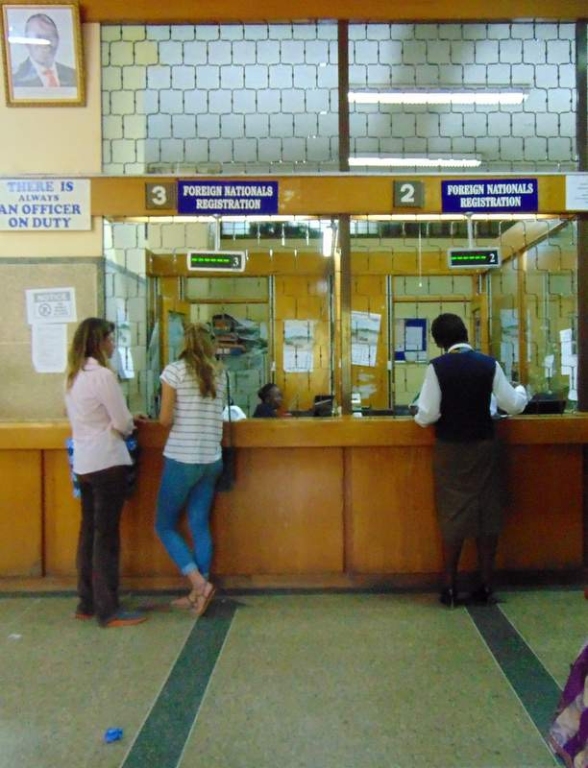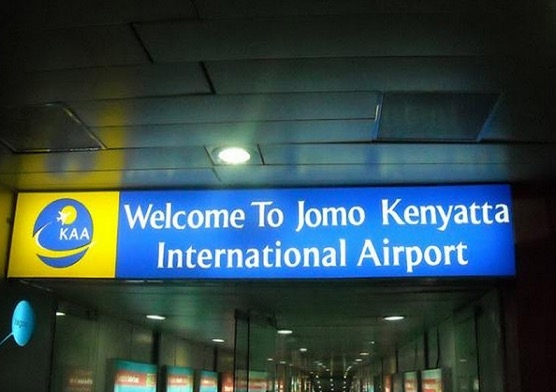— Then and Now
 Roger
Roger
How things have changed since Brooks and I first traveled to Africa in 2007:
Then - to send an email we would lug our heavy laptops into an internet café of sorts, plug into a rather precarious outlet, and then wait many minutes just for a few emails to slowly come in before getting to reply to our friends and family at home.
Now - not only are we instantly connected with everyone at home via cell phones, but even Africans living and working in the desert can be reached instantly with a call or text. In fact, Zoom is becoming a mainstay in our training process.
Then - an airport that we frequented consisted of a shack for an office and an outhouse “down the road” for a bathroom. Security was a male going through my bag and a female going through Brooks’. Luggage was hand-pulled or dragged out to the plane and then swung up into the luggage pit.
Now - they have a nice cinder block facility with, yes, an indoor washroom, however interesting, and they have a wire enclosed wagon to pull everyone’s luggage out to the plane. There’s even a belt pulling our suitcases through some kind of security system, but, not to worry, the big tall scale is still intact where we have to weigh our luggage to see if there’s an extra charge for being too heavy.
Then - travel was slow, laborious and sometimes scary. Cities were clogged with traffic jams for miles and rural areas had roads that were more potholes than pavement.
Now - well, honestly, not much has changed in this regard!
What has not changed. There is still so much that remains the same continuing to call us to share hope with those who need it.
- Overall, poverty has increased, fueled most recently by the global pandemic. This past year has seen greater hunger, as well as frustration among those who have been most impacted which has led to riots in some cities.
- Oppression and lack of any real hope is as real and dire as the physical poverty.
Yet, along with that, so many great things have not changed:
- The warm African heart of generosity and hospitality remains the same. We are in awe but never surprised by the family who will prepare what little food they have and share it with us as we visit in their home.
- The commitment that African disciple-makers have to share the love and power of the Gospel, at great sacrifice to themselves, in order to bring that needed hope and life change to others.
We look forward to being with many of these leaders and sharing more of their stories with you. They continually express their appreciation for you who facilitate their work through training and resources.
